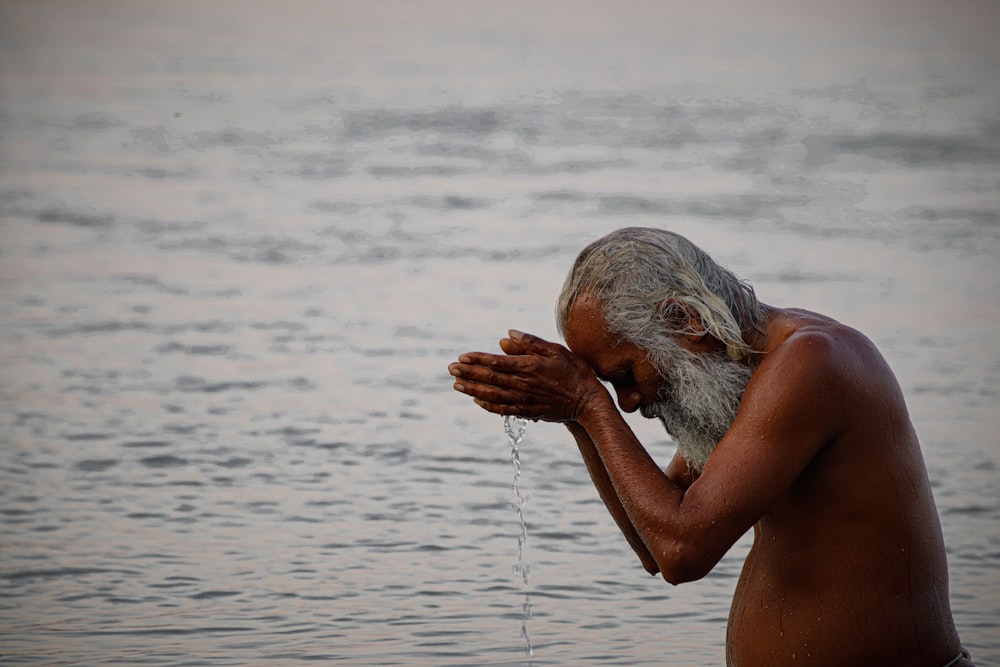Shradh in India: Honoring Ancestral Spirits & Their Significance
Unveiling Ancient Shradh Practices: A Dive into Mysteries and Traditions
The mystique surrounding Shradh rituals has been an integral part of Indian culture, weaving a tapestry of traditions and beliefs that connect generations. This 15-day period, known as Pitru Paksha, holds a significant place in Hinduism, delving into the intricate balance of karmic forces and the cosmic order.
Shradh Rituals and Significance
Roots of Pitru Paksha (Shradh Rituals)
Shradh, an age-old tradition, finds its roots in ancient Hindu scriptures, with mentions in texts like the Garuda Purana. These rituals are not mere customs but hold deep spiritual meaning, serving as a bridge between the living and the departed.
Karmic Balance in Hinduism
Central to Shradh is the concept of karmic balance, where descendants perform rituals to cleanse ancestral karma. The belief is that honouring ancestors during this period ensures their souls find peace and harmony in the afterlife.
Shradh Customs and Beliefs
Shradh customs vary across regions but share common threads. Families prepare a diverse array of dishes, symbolizing a connection with the departed. The act of offering food is not just a tradition but a symbol of love and respect for ancestors.

The Shradh Tapestry Across India
Shradh Across India
India, with its diverse cultural landscape, witnesses variations in Shradh practices. From the vibrant North Indian Shradh ceremonies to the solemn South Indian Shradh traditions, each region adds a unique flavour to this spiritual journey.
Regional Variations and Traditions
The duration and specific customs during Shradh differ regionally, creating a captivating tapestry of traditions. The essence, however, remains the same – a heartfelt connection with ancestors.
Exploring Shradh Practices
Shradh Food Offerings Symbolism
The culinary aspect of Shradh goes beyond mere sustenance. Each dish prepared and offered carries symbolism, reflecting the family’s love and devotion. It’s a culinary ode to the departed, a gesture of remembrance.
Sacred Mantras in Shradh Puja
Shradh puja ceremonies involve the chanting of sacred mantras, invoking divine blessings. These mantras, handed down through generations, create a spiritual ambience, fostering a connection with the cosmic forces.
Tarpana Ritual and Ancestral Karma Cleansing
The Tarpana ritual is a crucial element during Shradh, wherein water mixed with sesame seeds and barley is offered to ancestors. This act is believed to cleanse ancestral karma, ensuring a smoother journey for departed souls.
Harmonious Balance and Time-Honored Traditions
Shradh and the Cosmic Order
In the grand tapestry of Hindu beliefs, Shradh is a stitch that aligns with the cosmic order. It is not just a set of rituals but a harmonious balance of life and death, the seen and the unseen.
Time-Honored Shradh Tradition
The 15-day period of Shradh is not just a ritualistic timeframe; it is a tradition handed down through generations. Families come together, creating an emotional bond that transcends time, honouring ancestors in a collective act of love.
Engaging with Shradh: Questions to Ponder
As we delve into the rich traditions of Shradh, questions arise. What is the significance of the variety of dishes prepared during Shradh? How do regional variations reflect the cultural diversity of India? Can the ancient wisdom embedded in Shradh rituals guide us in navigating the complexities of life?
Conclusion: A Captivating Journey of Remembrance
In unravelling the mysteries of Shradh, we find not just rituals but a captivating journey of remembrance. It is a journey that transcends time, weaving together the past, present, and future in a tapestry of traditions. As we engage with Shradh, let us not merely perform rituals but embrace the essence of love, respect, and connection that defines this ancient practice. After all, Shradh is not just about the departed; it is about the living, fostering a sense of unity that echoes through generations.
for articles related to Religion, Philosophy & Art




Comments
Post a Comment